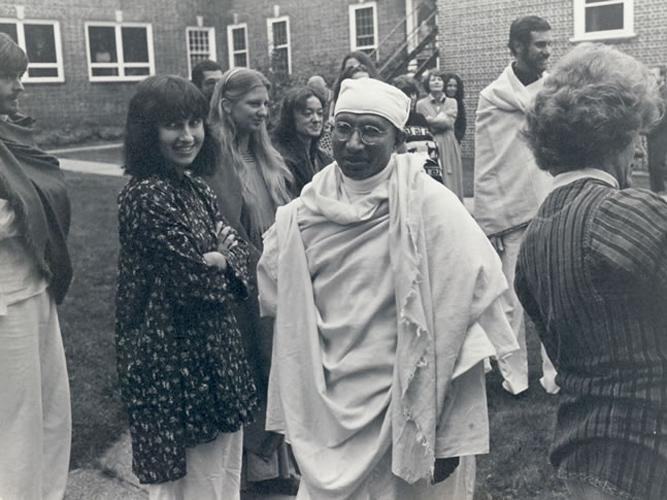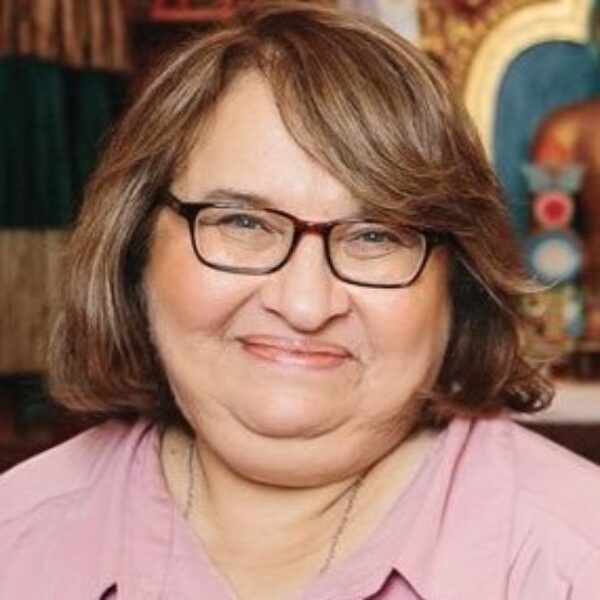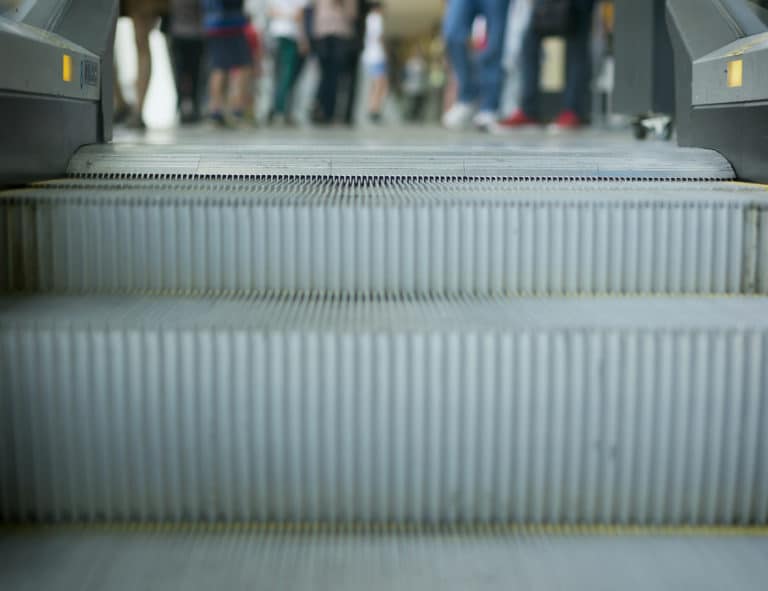
Munindraji at Insight Meditation Society in Barre, Massachusetts in 1978. Sharon Salzberg is on the left, and Joseph Goldstein is at the back on the right.
To Be Home Everywhere, Especially Where I Live
I went to India at the age of 18, to learn how to meditate. I had grown up in New York City, gone to college in Buffalo, New York, and had once gone on a family vacation to Florida. I had never even been to California when I went to India.
As soon as I arrived in India I felt like I was home. There were times I felt overwhelmed or downright scared, to be sure, but there was also a sense of belonging that underlay my sheer bewilderment at the intensity of it all, or confusion at what was expected of me.
Once I left India to return to the U.S., that feeling never left. I realized I didn’t carry a sense of psychological distance when it came to India — it was my other home. I could imagine going there for a brief trip, and the profound sense of connection would reemerge as soon as I landed. It always did.
In the seventies I went to India, in the eighties Burma, in the nineties Nepal, to study and practice meditation. I came to experience each place as “mine” in a way, the people like family and their struggles piercing my heart.
I wonder what it’s like to grow up in a world where a smartphone has the capacity to erode a sense of psychological distance to anywhere at any time. That is, in fact, the potential of our world right now. I find it wondrous, radical, full of opportunity to really commit to making this a better world, because we genuinely find ourselves in one another. Who is a stranger? Who is the “other” when you hear their hopes and dreams, see their lives unfold?
Sometimes, though, it seems easier to engage in the struggles of the world than the ones in our neighborhood.
I have good friends who work at tech companies. They are as committed as anyone I know to easing suffering for the people of this world, who never really thought about the effect on the local community by the influx of companies like theirs. I’ve seen centers devoted to innovative solutions for international problems that are just starting to recognize their formerly placid locality now has a growing population with a significant drug problem and wondering if and how they should try to be part of the solution right here at home. The suffering isn’t just “over there,” nor is the family we need to open to.
I like to think of working to erode a sense of psychological distance everywhere, alongside understanding the needs of the place where I live. I vote. I have responsibilities and an ability to make a home-grown difference.
In many ways I’ve thought of myself as a citizen of the world since I was 18 years old. But I am also a citizen of Barre, Massachusetts. I have long followed The Irrawaddy on Twitter and only very recently sought out the Barre Gazette on Facebook. I contribute whatever I can to easing world hunger, and now I make sure the Barre food bank is amongst those that receive my first donations. I always vote, even if it is often via absentee ballot, and I study the issues.
It’s funny that I’ve had to work to be a good citizen in the place where I am in fact a citizen, or in New York City where I grew up and now spend periods of time in. I’m learning that to be at home everywhere, I have to be sure to include the place I actually live.

